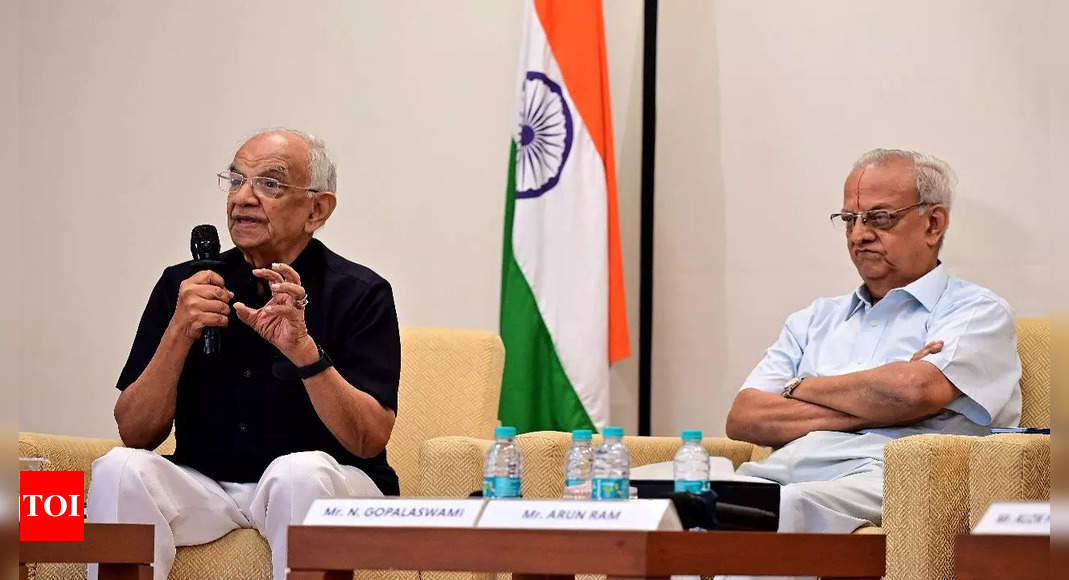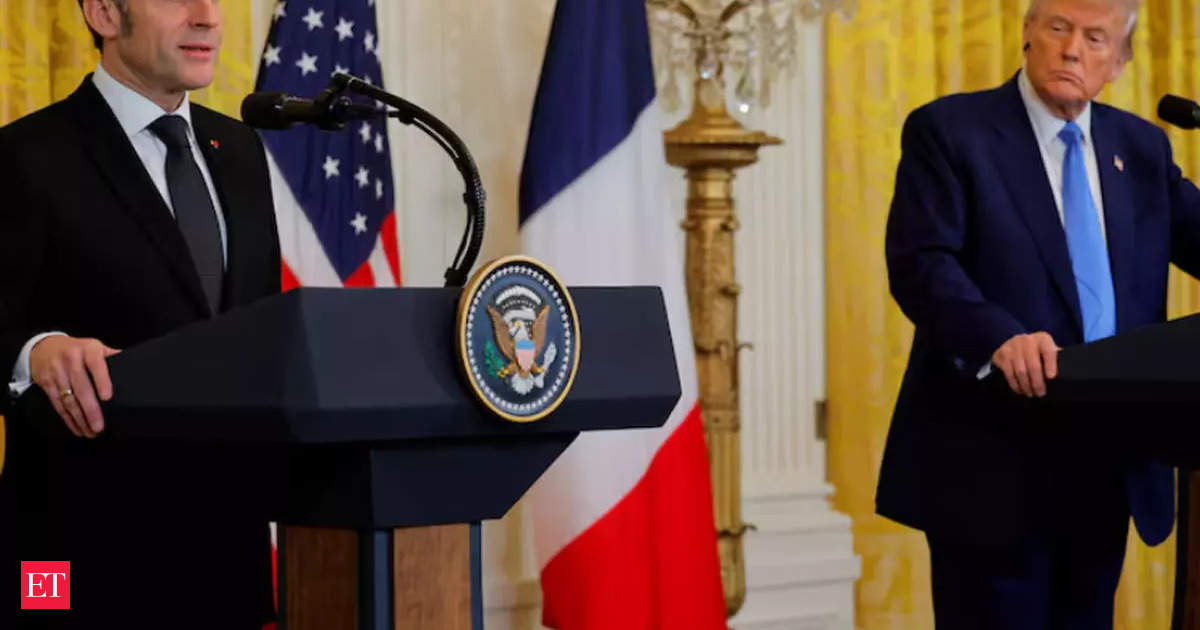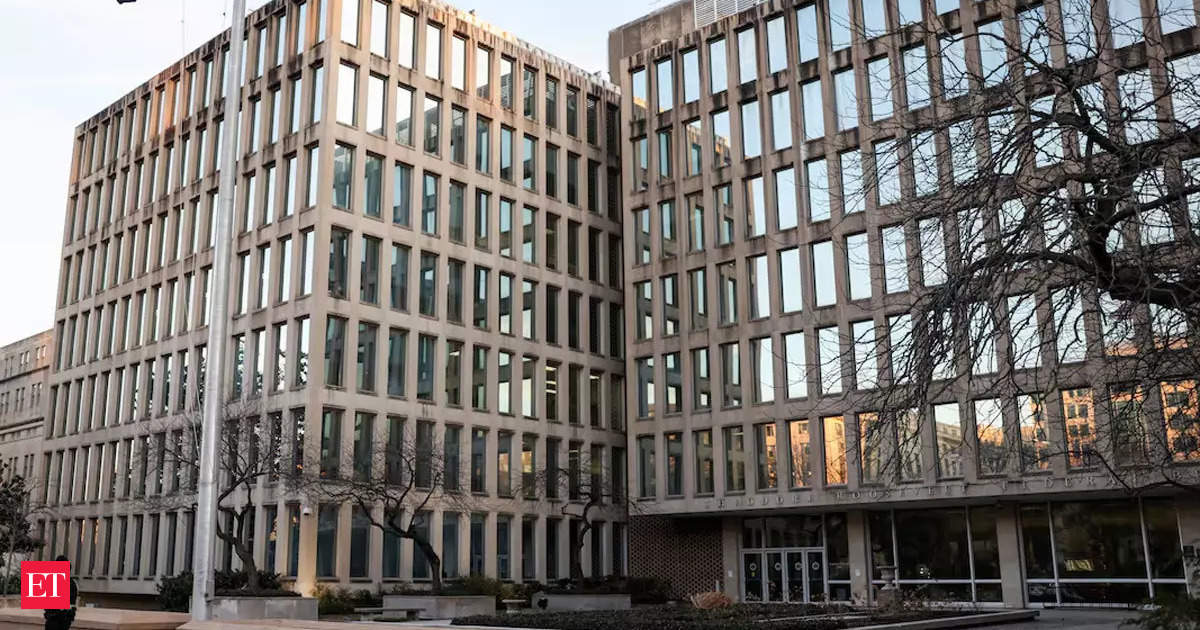Former Chief Election Commissioner T.S. Krishnamurthy has urged voters not to doubt the credibility of electronic voting machines (EVMs). During a panel discussion on election issues, Krishnamurthy emphasized that the country has faced dubious experiences using ballot papers in the past and that EVMs save time and paper while minimizing invalid votes. He highlighted the importance of suggesting improvements to EVMs rather than reverting to paper ballots.
In the run-up to the Lok Sabha polls, the Congress party suggested hybrid voting using both machines and paper votes in its manifesto, while the DMK party approached the Madras High Court against the design of third-generation voting machines. Krishnamurthy defended the EVMs, stating that they were cleared by an expert committee and have brought positive changes to the election process.
Former Chief Election Commissioner N. Gopalaswami echoed Krishnamurthy’s sentiments and assured that rigorous testing of the machines takes place in the presence of candidates on polling day. Addressing the concept of One Nation One Election, Gopalaswami expressed support for the idea and stated that logistical challenges could be overcome. He also noted that a committee recommended implementing the concept after the 2029 parliamentary election, ensuring that states yet to complete their terms would restart before holding synchronized elections nationwide.
However, Gopalaswami raised concerns about what happens when the legislature gets dissolved, as it may disrupt the One Nation One Election plan. Krishnamurthy also called for a solution to prevent additional elections in order to achieve economic and administrative efficiency.
Regarding delimitation, which is being suggested alongside the One Nation One Election proposal, Gopalaswami mentioned that one-third of the seats should be reserved for women to ensure more equitable representation. He also stressed the need to address underrepresentation in states like UP, Bihar, and Jharkhand, where delimitation has not taken place.
Discussing the topic of elections becoming increasingly expensive, Krishnamurthy advocated for public funding of elections through a national institution, citing the need for a system that allows ordinary citizens to contest elections. He also advocated for a law to regulate the funding of political parties, similar to regulations in most Commonwealth countries.
The panel further addressed issues such as officers contesting elections or being posted as governors, age limits for politicians, and the representation of candidates with criminal records. While Krishnamurthy called for a cooling period before politicians can contest elections, Gopalaswami highlighted the importance of studying the state of finances at the end of a government’s term.
In conclusion, the panel members emphasized the need for continuous improvements to the election process, including the credibility of EVMs, synchronization of elections, delimitation, and funding of political parties to strengthen democratic practices in India.











